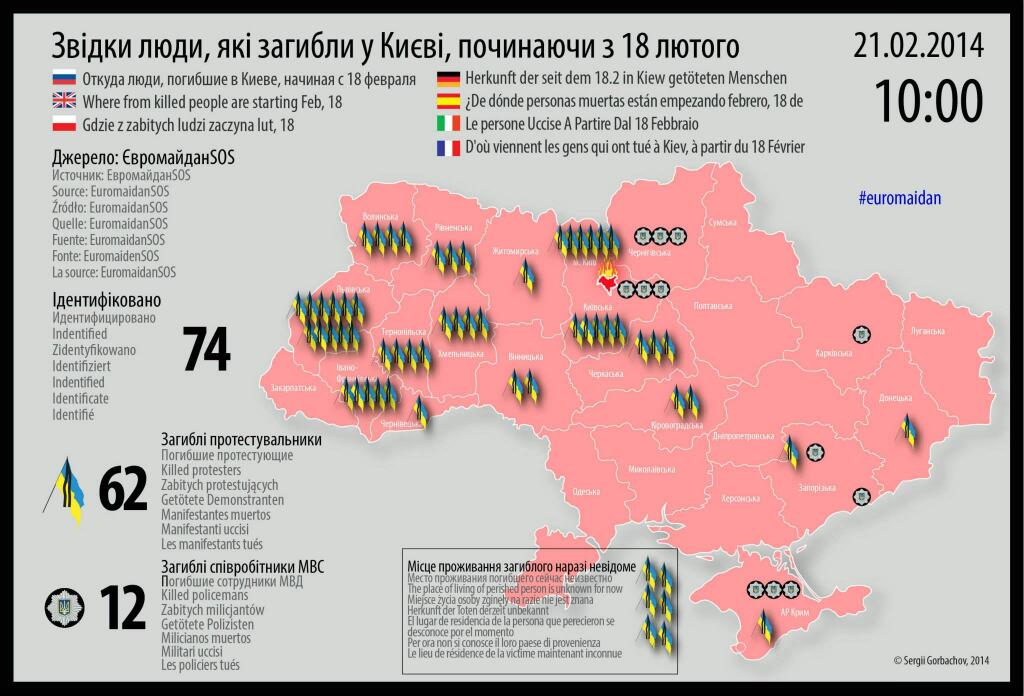Writing is nature’s way of telling you how sloppy your thinking is.
Technology:
- Shocking post-mortem from Joyent: operator mistake and a tool which reboots the whole datacenter without requesting additional confirmation.
- Defensive BASH programming — an excellent post on scripting techniques!
- Thinking for programmers by Leslie Lamport. The epigraph comes from this talk.
- The best expect script I found to execute commands on servers remotely via ssh. This is really handy when one does not have key-based authentication set up. The downside is that it’s slow, so one need to parallelise it if one has over few dozen of servers to crawl.
- ncf — CFEngine framework for small installations, runs in pure CFEngine language, to help structure your CFEngine policy and provide reusable, single purpose components distributed under the GPLv3 license.
- The same guys are behind the Rudder — web-driven, role-based solution for IT Infrastructure Automation & Compliance.
- “Law of Murphy for devops: if thing can able go wrong, is mean is already wrong but you not have Nagios alert of it yet”. Therefore, don’t forget to monitor these things.
- Interesting stats on monitoring tools — Nagios is the king, Sensu and Zabbix have a large chunk of large deployments.
English:
- Hilarious story about why programming sucks. Careful and exact observations put in a lively and funny language. It definitely made my day!
- Quirks with pronunciation of some borrowed words:
Another word that the British Anglicized from French is harass and its related noun harassment. They shifted the accent to the first syllable, sounding like “harris.” The Americans preferred the French-style second-syllable stress, no doubt further encouraged by the double s. But the British style is becoming more popular with people who don’t want to sound like they’re saying “her ass” — sort of like how the British “urine-us” pronunciation of Uranus, based on the Latin and Greek stress pattern, is sometimes preferred by Americans who don’t like how the American say-it-like-it-looks version sounds like “your anus.”
- Stop new wordage? Never gonna happen. In defence of unnecessary words.
- Corporate speak — speaking strategically without a strategy.
As languages go, English is particularly extreme in differentiating between stressed and unstressed syllables; the stressed syllables play a disproportionately big role in making words identifiable, and because unstressed syllables are out of the spotlight, and don’t contribute much to the exact identity of words, it doesn’t really matter exactly what they sound like. For example, some people pronounce the first syllable of believe as /bɪ/, others as /bə/, and in fact it would often be hard to tell exactly which vowel sound is used. Even if you use a different one – if you say, for example, /bʊ/ or /be/ – the identity of the word will be clear; the important thing is to pronounce the stressed second syllable with a clear /iː/ vowel.
— http://www.macmillandictionaryblog.com/schwa-syllables-and-words-in-different-guises-part-1
Other:
The story behind lavabit shut down.






